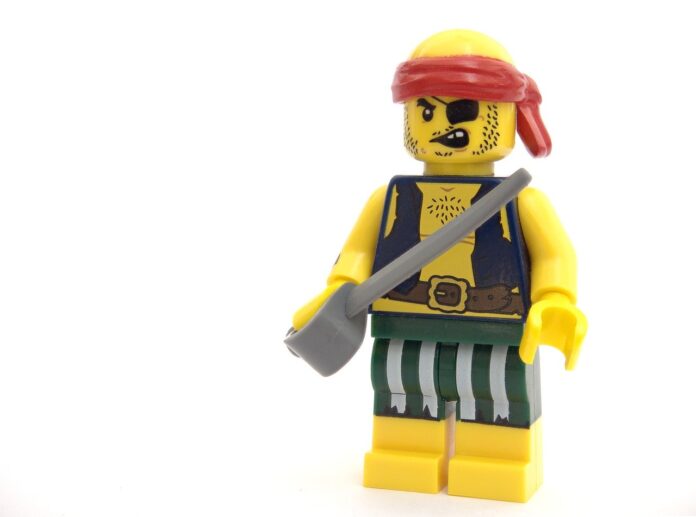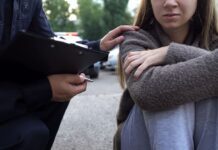In tech industry, producing and marketing software may generate revenue in billion though Bangladesh is yet to accrue such benefit. Problems such as lack of ensuring effective security and protection, and less awareness exist here. To increase the market and make it more profitable, it is essential to provide effective security to the tech firms of their products and establish a proper enforcement system of the copyright law. The Copyrights Act, 2000 coupled with the Copyright Rules 2006 is the principal legislation for guaranteeing legal protection to the software and other tech products. This essay aims to highlight country’s legal framework concerning copyright protection for software, website and mobile apps, etc.
To begin with, the 2000 Act does not define “software”; however, one can find the definition of “computer programme”. Moreover, the concepts such as “apps” used in any device or “mobile apps” or “operating system” or website etc. are not defined in the Act. On the other hand, Rule 3 of the Copyright Rules, 2006 provides that a register shall be kept in seven parts of which first and seventh parts are designated for software, website, computer, etc. Moreover, in a leaflet issued by the copyright office of Bangladesh it is stated that, amongst others, computer software, mobile apps and website are registrable in Bangladesh.
As per section 2(9) of the Act, “computer” means any mechanical, electro-mechanical, electronic, magnetic, electro-magnetic, digital or optical or any other impulse or data processing devices or systems which perform logical and arithmetical, any or all functions, by using those devices or systems. It might reasonably be assumed that mobile phone may fall within the purview of this section.
Section 2(10) of the Act defines “computer programme” which refers to a set of instructions expressed in words, codes, schemes or in any other form, including a machine readable medium, capable of causing a computer to perform a particular task or achieve a particular result. Again, a reasonable assumption is that “software” or “mobile apps” may fall within the purview of this provision considering the wide-ranging definition of computer as indicated in the above paragraph. Moreover, the definition of “literary works” as provided in section 2(46) of the Act includes “a programme produced by a computer intended for study and listening of people in general”. Therefore, an extensive adaptation of the definitions is required for providing protection to software or apps which is used in any device – be it a mobile phone or a computer.
Statutorily, “copyright” is understood as any right to do or authorise the doing of any of the acts as listed in section 14 of the 2000 Act in respect of a work or substantial part thereof. Section 14(1) of the Act provides a list of authorised acts regarding literary, dramatic or musical work, except a computer programme and sub-section 2 provides list of authorised acts for computer programme. However, sub-section 2 in clause (a) provides that sub-section (1) is also applicable for computer programme. Again, the definition of “literary works” includes a type of computer programme”. Such anomalies are sure to generate confusion among the copyright-aspirants.
Also “computer programme” has not been included in the list of “works” as we find in section 15 of the Act which with the heading “Works in which copyright subsists” provides a list of works and section 2(11) of the Act provides definition of “Works”. It may be argued that “computer programme” though does not fall within the ambit of “works” but it is under protection of this Act as per other provisions.
Section 17(h) of the Act makes it clear that if any programmer is appointed by a person or persons or institution for creating the programme, the first copyright owner is the employer(s) not the appointed programmer except if there is any other agreement. The copyright, in the case of a computer programme as per section 28A, subsists until sixty years from the beginning of the calendar year next following the year in which the programme is published. But there is no such validity period for website.
Section 71 of the Act provides the list of acts which will amount copyright infringement. Section 72(25) categorially outlines the acts which will not be infringement of computer programme. As per section 2(8)(e), “infringing copy” regarding a computer programme means “reproduction or use of the whole work or a part thereof” without proper approval of the registered author.
The owner of software, website or mobile apps may seek civil remedy under section 76 of the Act by way of injunction, damages, accounts and otherwise as are or may be conferred by law for the infringement of a right. As per section 84 of the Act, any person who infringes the copyright in a work of computer programme, publishes it in any medium, sells or distributes more than one copy, shall be punished with a six-month to four-year imprisonment or with a one-lakh to four-lakh taka fine. If any person uses an infringed copy in computer shall be punished with a six-month to three-year imprisonment or with a one-lakh to three-lakh taka fine. Also, the owner can make an application to the copyright office for violation of copyright and seek remedy.
As per section 56 of the Act, the owner software, website, apps etc. may make an application in the prescribed form. For registration the owner of software has to submit three copies of application forms, fees through treasury challan, utility of software, two copies of software recorded in two separate CD and two copies in print, declaration in non-judicial stamp paper containing the statement that there is no case pending in any court regarding its originality and the information given are true, proof of citizenship of applicant, two passport size attested photo of applicant, etc. If the application is submitted in the name of an organisation or institution, then with the above mentioned documents the following documents are also required to be submitted: attested copy of memorandum of a company, TIN, trade licence, authorisation letter from the company for and under which the applicant works and assignment deed in non-judicial stamp if the applicant gets the copyright by a transfer, etc. However, from the statement of copyright office it can be assumed that website and mobile apps registration process is similar to that of software. Copyright may be assigned, transferred or licensed by following prescribed procedures. If an owner of software wants to get copyright protection in country of export, the owner has to apply for copyright in that country.
Though the Act does not provide separate provisions for website and mobile apps, based on Rules and other governmental documents, they are registrable. However, it is suggested that the anomalies in the Act should be rectified by way of amendments or by issuing separate orders.
Name of Writer: A S M Sayem Ali Pathan
Bio: The writer is an Advocate, Supreme Court of Bangladesh and Managing Partner of Pathan and Associates.
N.B. This Content is published here by the permission of author and The Daily Star’s Law Desk.














![Technical Aspects of 844 Area Code in 2024 [Detail Guide] 844 Area Code](https://articleify.com/wp-content/uploads/2024/01/844-Area-Code-150x150.jpg)














